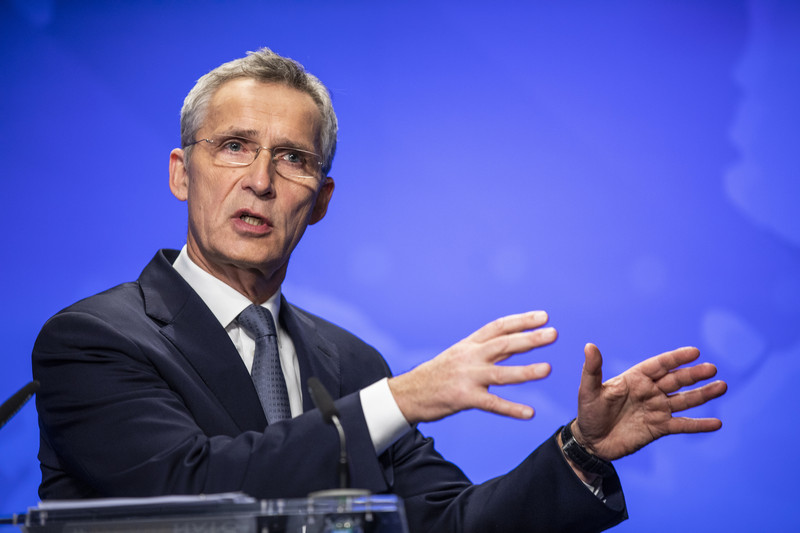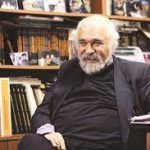Rising energy and food prices shouldn’t stop the Western public from supporting Ukraine, Nato head Jens Stoltenberg has said.
“There is a moral and political obligation to Ukraine,” Stoltenberg told press in Madrid on Tuesday (28 June), as Nato leaders met in Spain for talks on a “historic” expansion in reaction to Russia’s war.
Even if the war were to last for years, the general public in Western countries will “have to put things in perspective” given the “atrocities” being perpetrated by Russia against the “courageous” Ukrainian people, he said.
“We have supported Ukraine since 2014. We didn’t wake up there in February 2022,” he said, on the moral imperative of remaining a faithful friend.
“It will be our world, the world of Nato allies, that will be more insecure if [Russian president Vladimir] Putin wins this war. It’s in our security interest to make sure Ukraine prevails as a sovereign and secure nation,” he also said.
Stoltenberg repeatedly laid the blame for the oil and food price shocks at Putin’s door, in a bid to strike back at Russian propaganda.
Putin was “using energy as a weapon of coercion,” by restricting supplies and was also blocking Ukrainian grain ships, the Nato chief said.
“The core problem is the brutal, unjustified Russian war,” Stoltenbrg said. And Western leaders must “convey how important this fight is” to their voters, in the face of Russian and Chinese-backed “false narratives”, he added.
Stoltenberg is to hold talks with the leaders of Finland, Sweden, and Turkey later on Tuesday to discuss the Nordic countries’ bid to join Nato.
And Nato leaders plan to increase their rapid-reaction force in Europe from some 40,000 to 300,000 soldiers, in a second aspect of looming enlargement.
Turkish president Recep Tayyip Erdoğan has been vetoing the Nordic move on grounds Sweden is not doing enough to help him fight Kurdish “terrorist” groups.
“I hope we can make some progress,” Stoltenberg said, in a note of optimism.
“To sit down and discuss with Turkey what we can do more in the fight against terrorism” was a normal part of the accession process, he said.
One long-term lesson of the war was that EU countries’ dependence on Russian energy “made them as vulnerable as they never have been” to Putin’s manipulation, he added.
The West should still exercise free trade with other autocratic regimes such China or Saudi Arabia, but should beware of becoming equally dependent on Chinese rare-earth minerals or telecommunications infrastructure, he said.
By ANDREW RETTMAN
Source: EU Observer



